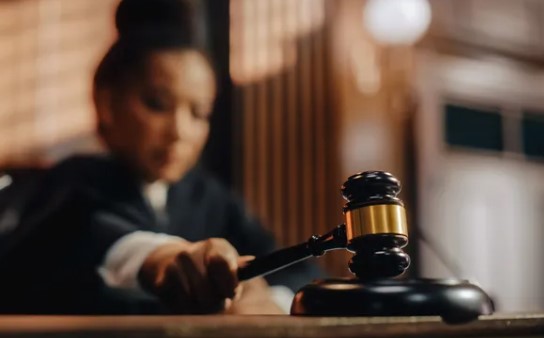Key Differences Between a Settlement and a Verdict

A verdict is the outcome of a trial, and a settlement is the result of a negotiation. They are both possible outcomes of a personal injury dispute. Both are intended to resolve the case, but each results from a different type of legal proceeding. One must understand the differences between a settlement and a verdict for thoughtful consideration of which to pursue in their personal injury claim.
If you are caught up in the complexity of your lawsuit and don’t know how to handle the trial and negotiation on your own, consult a skilled attorney. To learn more about how an attorney can assist you, visit fightingforfairness.com.
What’s a Verdict?
A verdict is the conclusion of the jury or the court during a trial. The jury decides the outcome of the lawsuit after a full and fair hearing, reviewing all the presented evidence, with both parties having the opportunity to present their case, arguments, and evidence. The plaintiff and defendant usually challenge each other and present their claim with a strong stance. The jury reviews everything, weighs both parties’ cases, and reaches a verdict—that is, which prevails according to the law.
The verdict may favor the plaintiff (the injured victim) or support the defendant (the accused entity), or it can be a matter of comparative negligence where both parties share the blame and both benefit somehow. Verdicts are a matter of public record as they involve a trial and can be accessed by anyone who wishes to see and study them. They can also be used as a legal precedent in cases where the lawyer or the jury looks into similar cases to determine a claim’s worth or losses. Verdicts can be proclaimed as a benchmark or additionally used in future legal proceedings as an example or to influence changes in the law.
What’s a Settlement?
A settlement involves recompense followed by an agreement to resolve a legal dispute. Most personal injury cases get settled outside of court through a settlement process, as it does not involve a trial, which can be time-consuming to a certain extent. In this process, the defendant offers monetary compensation or another form of reimbursement to the victim to help them recover from their losses. A settlement can happen at any moment of the legal proceeding—before filing a claim, after filing a lawsuit, or after the trial has begun.
The reason most legal cases get resolved via settlements is not only because it’s time-saving but also because it avoids uncertainty and additional costs for both sides. In a settlement, both the plaintiff and the defendant come to an agreement and, hence, can’t pursue their claim further or reopen their cases, unlike verdicts, which do allow the possibility of an appeal.
In a settlement, the legal representatives of both parties, along with the parties themselves, are in control of reaching a favorable outcome on their terms, rather than putting their faith, effort, and everything in the palms of the jury or court.
Settlements are usually confidential and are not made accessible to the public, meaning people who don’t want their legal disputes and consequences to be public can benefit from this.
Read also: <strong>When Should You Consider Hiring a Personal Injury Lawyer in Charleston, SC?</strong>
When Should One Consider a Settlement?
Go for a settlement if you want to:
- Negotiate your terms to meet your specific needs.
- Resolve the case as quickly as possible.
- Keep the details and outcome of the case private.
Whatever the scenario, consult your attorney before accepting the first offer from the other party’s insurer, as it can sometimes cost you in the long run. One must estimate and evaluate their condition, evidence, injuries, financial loss, emotional loss, and just about everything relevant to the case before agreeing to a settlement and ensuring that the agreement aligns with their desired outcome.
When Should One Consider a Trial?
Opt for a trial if you want to:
- Set a legal precedent with your case’s outcome.
- Make the verdict a matter of public record and guide future cases.
- Go against a defendant who refuses to provide fair compensation for your losses.
- Ensure that the defendant does not repeat their harmful actions in the future.




